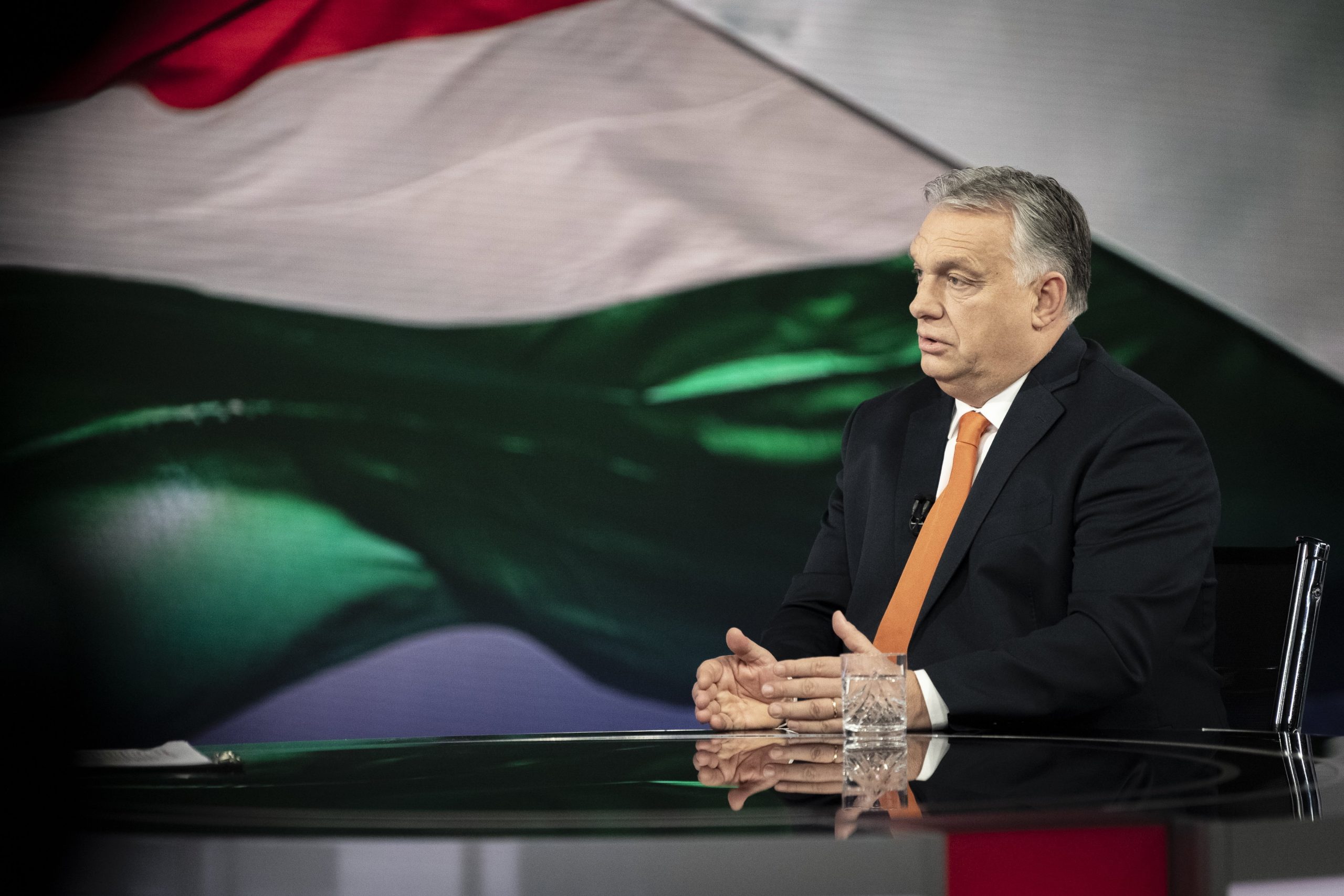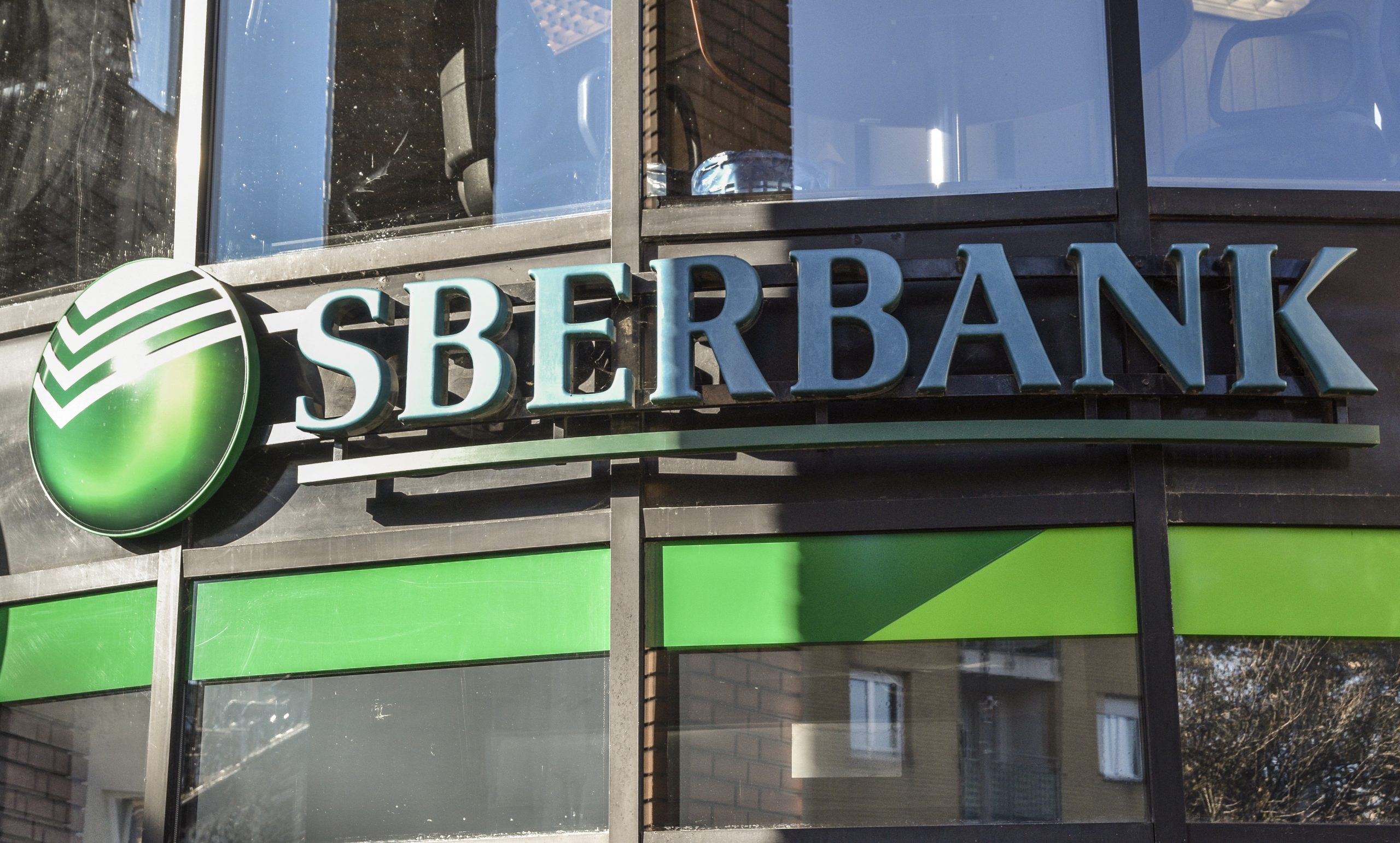
Meanwhile, the Prime Minister said that "Even if it wanted to, Hungary couldn't put military equipment at the disposal of others, but it doesn't want to."Continue reading

The European Central Bank (ECB) has assessed that the European subsidiary of Russia’s state-owned Sberbank is facing bankruptcy. Sberbank Europe AG and its Croatian and Slovenian units in the banking union are failing or likely to fail owed to a deterioration of their liquidity situation, the ECB said in a statement. Meanwhile, the Hungarian National Bank ordered two bank holidays from Monday at the Hungarian Sberbank at the request of the credit institution.
“Sberbank Europe AG and its subsidiaries have experienced significant deposit outflows as a result of the reputational impact of geopolitical tensions,” the ECB said in a statement quoted by Reuters.
“This led to a deterioration of its liquidity situation. There are no available measures with a realistic chance of restoring this position at group level and in each of its subsidiaries within the banking union,” the European Central Bank added.
Bloomberg reports that the ECB’s decision comes after it determined that Austria-based Sberbank Europe AG and its subsidiaries in Croatia and Slovenia probably will not be able to pay their debts or other liabilities as they are due.
Sberbank Europe AG – which is 100 percent owned by the bank’s Russian parent company – also has subsidiaries in Bosnia and Herzegovina, the Czech Republic, Hungary, and Serbia, but which do not come under the jurisdiction of the ECB.
According to on-site reports from Russia, Russians waited in long queues outside ATMs on Sunday, worried that new Western sanctions over Moscow’s invasion of Ukraine will trigger cash shortages and disrupt payments.
“Since Thursday, everyone has been running from ATM to ATM to get cash. Some are lucky, others not so much,” a St Petersburg resident told Reuters.
Russian banks, however, were trying to calm fears over money supplies and online payment systems.
Sberbank, for example, said they were not seeing any interruptions in customer transactions through their own or their partner payment systems. State development bank VEB said external restrictions would not stop them supporting projects within Russia.
Sberbank Europe’s possible bankruptcy prompted the Hungarian National Bank to take action on Sunday as well.
The MNB announced that from Monday, it ordered two bank holidays for the Hungarian Sberbank at the request of the credit institution. During this period customers will be able to make bank card transactions and can receive incoming items on their accounts, but will not be able to perform account transactions, the MNB emphasized.
Similar to the ECB, Hungary’s central bank had also outlined that the Single Resolution Board (SRB)- the resolution organization of the EU- has announced that Sberbank Europe AG, Austria, has experienced serious liquidity problems as a result of the Russo-Ukrainian war, and the credit institution is probably unable to meet its debts or other obligations as they fall due in the near future, and as a result, it is failing or likely to fail.
The Austrian bank is the owner of Sberbank Magyarország Zrt. in Hungary and several other Central European subsidiaries.
The situation has no effect on the other members of the Hungarian financial institution system, which are serving their customers stably and in the usual order, the MNB outlined in a statement.
In the past days, the European Union has imposed several packages of economic and financial sanctions on Russia for launching an invasion on Ukraine. These include an asset freeze and financial ban on several key Russian banks and the suspension of Russia’s access to the global SWIFT payment system. With these measures, the European Union aims to cut Russia’s access to EU capital markets, increase borrowing costs for those sanctioned, and gradually erode its industrial base.
Featured photo illustration by László Róka/MTI